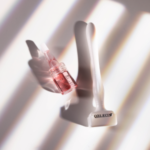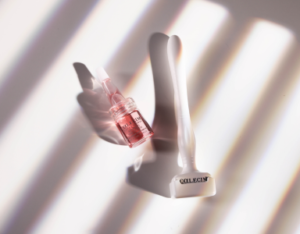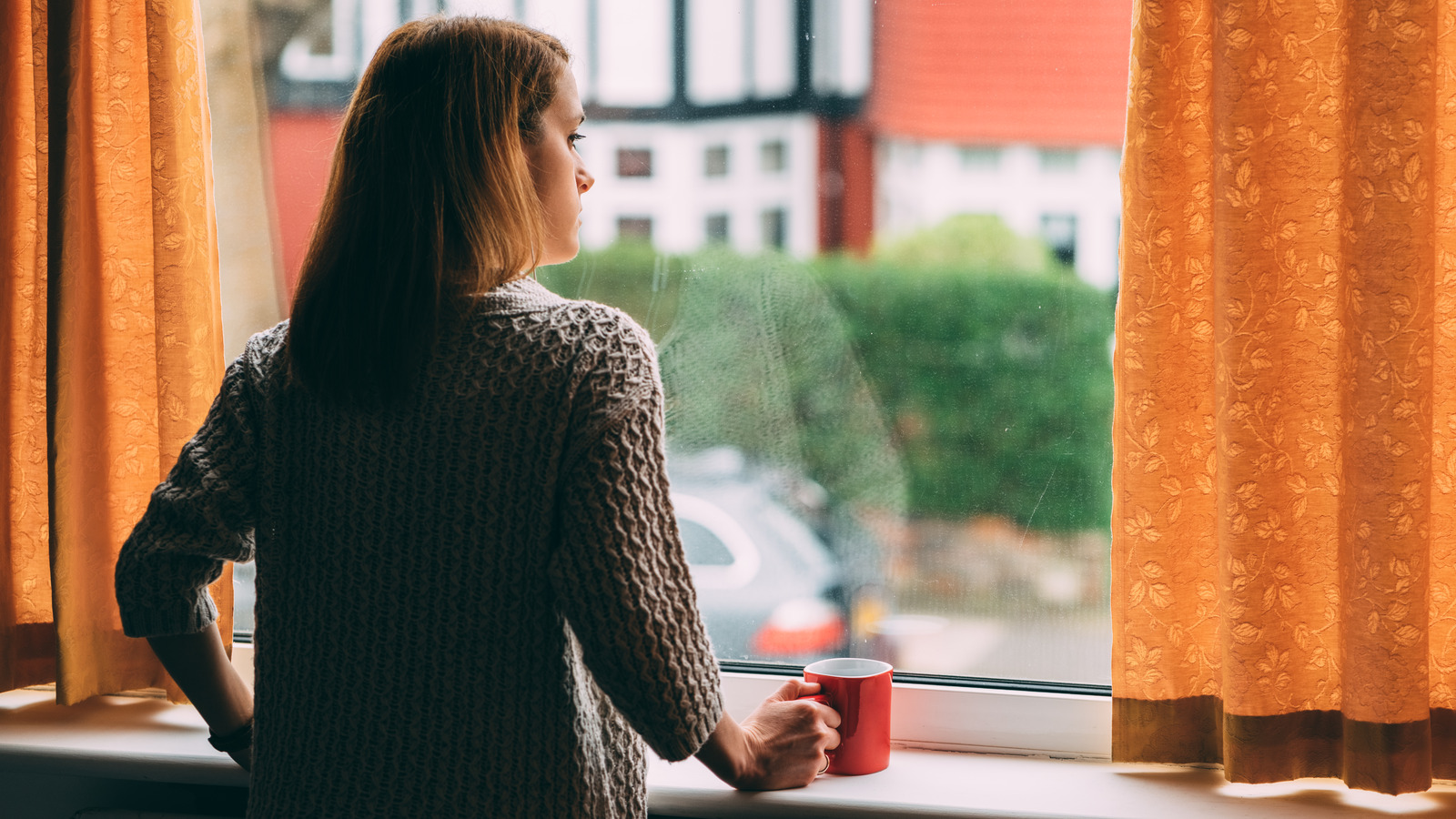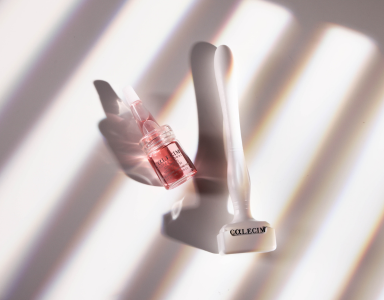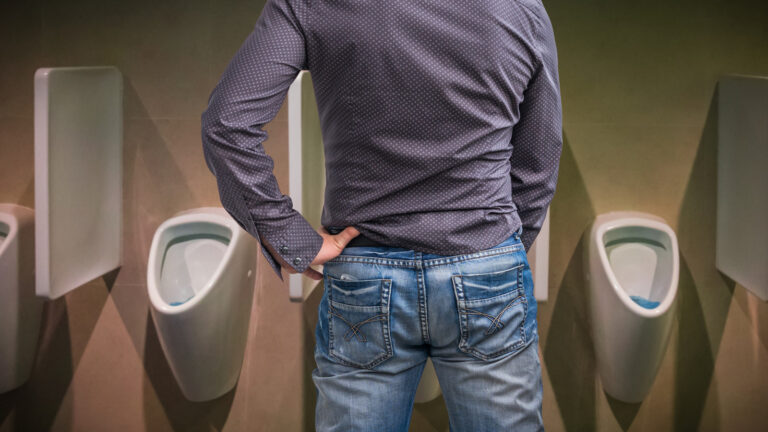
It’s safe to say that most of the research done on why depression causes back pain is mere approximations of what the link might be. For starters, both depression and pain share a biological connection by way of the neurotransmitters that influence both conditions – serotonin and norepinephrine, according to one 2004 study published in The Primary Care Companion to the Journal of Clinical Psychiatry. A 2015 study published in Arthritis Care and Research also found that there was a positive correlation between the risk of lower back pain and the severity of depression. People with back pain are four times more likely to have depression than the rest of the population.
According to the University of Alberta Department of Public Health Sciences professor, Linda Carroll (via Science Daily), who has researched the topic, “Both conditions are recurrent, that is, they can both come and go; and both are very common.” Science may have not yet established the exact reason behind why it happens, but there are studies to show that people with depression who didn’t have lower back pain before are more at risk of developing it in time.
Moreover, it is important to understand that fatigue is a side effect of depression. And fatigue can demotivate people. People who are depressed might be more prone to sore backs because of their lack of motivation to exercise and eat healthy which may result in back pain, strain, and injuries. What does this mean for people with depression?
